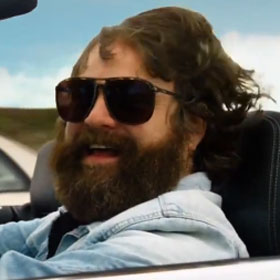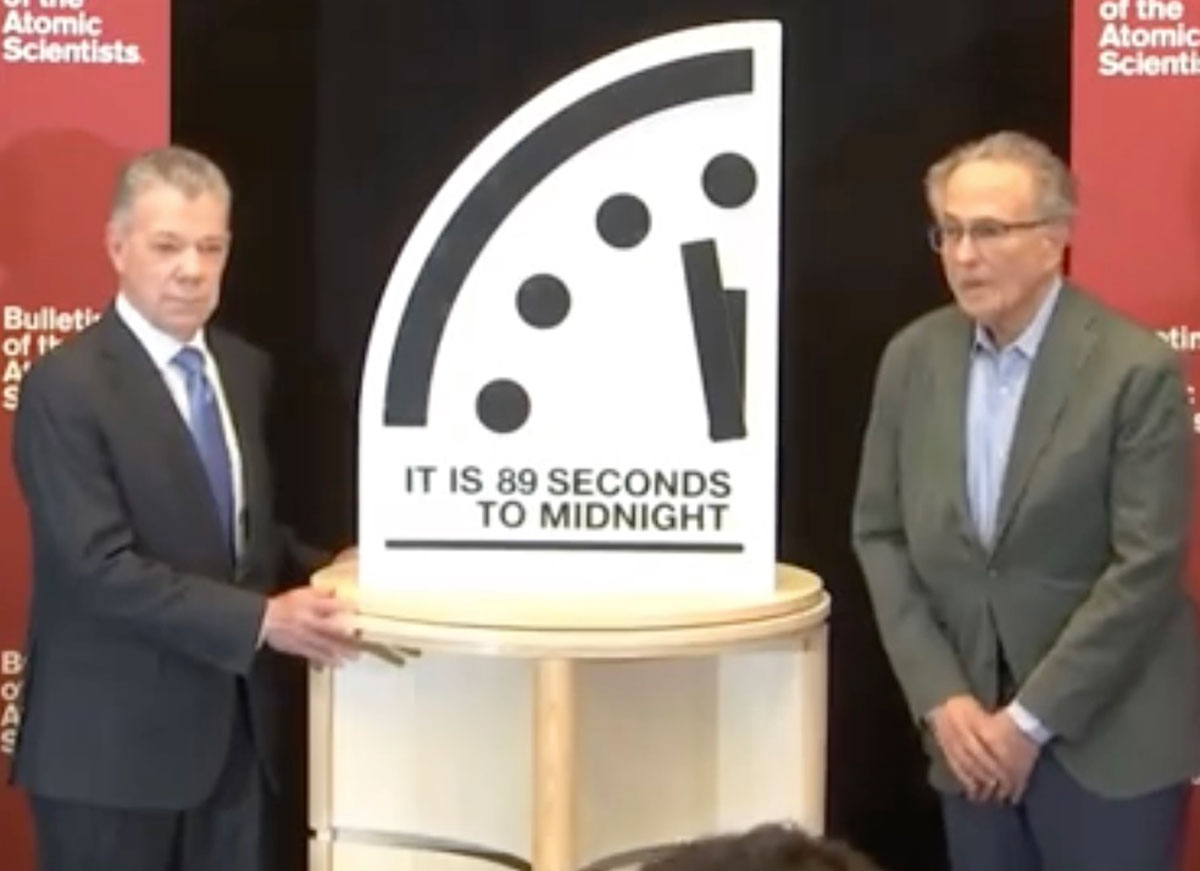'The Hangover Part III' Movie Review: A Deflated Ending To An UnnecessaryTrilogy

2.5/5
The Hangover Part III is the epic conclusion to a story that probably didn’t deserve one, providing a sense of closure to characters who probably didn’t need it. The original movie in this bizarre trilogy, The Hangover, eschewed the predictable narrative structure of one drunken Las Vegas night in favor of piecing it all together after the fact. The result was a unique take on a funny and problematic scenario. With a high laugh rate, catchy soundtrack and plenty of breakout performances, The Hangover became one of those movies that could be watched over and over again. But the elephant in the room (or was it a tiger?) was how abruptly and inconsequentially it ended, through some simple wordplay. Stu (Ed Helms) connected the drug Rufalin to the fact that their lost friend, Doug (Justin Bartha), had been stuck on the hotel roof the entire time. The filmmakers saved this flaw with a big reveal, showing all of the pictures from the night that was, but after the movie ended it was doubtful whether our three leads—the cocky Phil (Bradley Cooper), the neurotic Stu and the moronic Allan (Zach Galifianakis)—had any story worth telling beyond the original night gone wrong. And yet even though these characters barely made it through one movie, we somehow now have three.
The Hangover Part III focuses on Leslie Chow (Ken Jeong), the coked-out, violent, over-sexed and under-endowed madman who made an indelible impact in the original as yet another obstacle that the “wolf pack” had to get through in order to find Doug. Well, now it turns out Chow owes some guy named Marshall (John Goodman) $21 million dollars, but Chow has been locked up and hasn’t talked to a soul, except for Allan. So when Chow escapes prison, Marshall tracks down the "wolf pack" and demands they find Chow, taking Doug hostage in the process.
It’s apparent that the screenwriters, Craig Mazin and Todd Phillips (who also directed the movie), actually listened to the criticisms of the first sequel, The Hangover Part II—how it was more or less a carbon copy of the first one, but set in a different location and less funny—and were determined to make an entirely different type of movie. But what’s so odd about The Hangover Part III is the way that it is different. Aside from the occasional reference to the previous two movies in the franchise, like the brief exchange between Stu and Phil when they brush aside an inquiry from their wives about if Stu’s face tattoo may or may not be the worst thing that’s happened to the group, there is very little reminding us that this is indeed a Hangover movie. In fact, it’s not even a comedy so much as it is an action movie with the occasional laugh. There are elaborate action sets and interminable scenes filled with characters spewing expository dialog over how to execute one elaborate plan after the next, whether it be breaking into a heavily guarded house, or repelling down the side of a Las Vegas casino. And during these action sequences the movie's not half bad. But it’s so self-consciously self-referential that it comes off as defensive, as if the filmmakers felt the need to justify why a third movie had to be made at all. When Goodman’s character Marshall says he’s after Chow, and that only the "wolf pack” can find him, I paused for a moment. Since when did the "wolf pack” become such a well-known moniker in the Hangover universe?
Still, despite these forced connections, Stu, Allan and Phil actually share a legitimate, if unhealthy, emotional bond, in the way that any group of friends who can’t help but get wasted every time they are around each other remains close; the sentiment feels real even if the means of getting there don't. Over the course of three movies I found myself invested in characters I probably shouldn’t have been. I know Phil’s a teacher, but I’ve never seen him teach, and the only dentistry I’ve seen Stu perform is on himself. But the way Phil handles Allan’s admiration so gently and how they all accommodate Stu's low self-esteem is far more significant than however these characters behave in their private lives, so I can see how the filmmakers thought this franchise had more legs in these deviant adventures than it really did. I think it's clear, though, that whatever attachment these guys shared should have been left to one raucous night in Vegas: fun, risky and never to be addressed again.
For more like this 'The Hangover Part III' movie review, check out Uinterview's movie review section here.
RELATED ARTICLES
Get the most-revealing celebrity conversations with the uInterview podcast!





Leave a comment